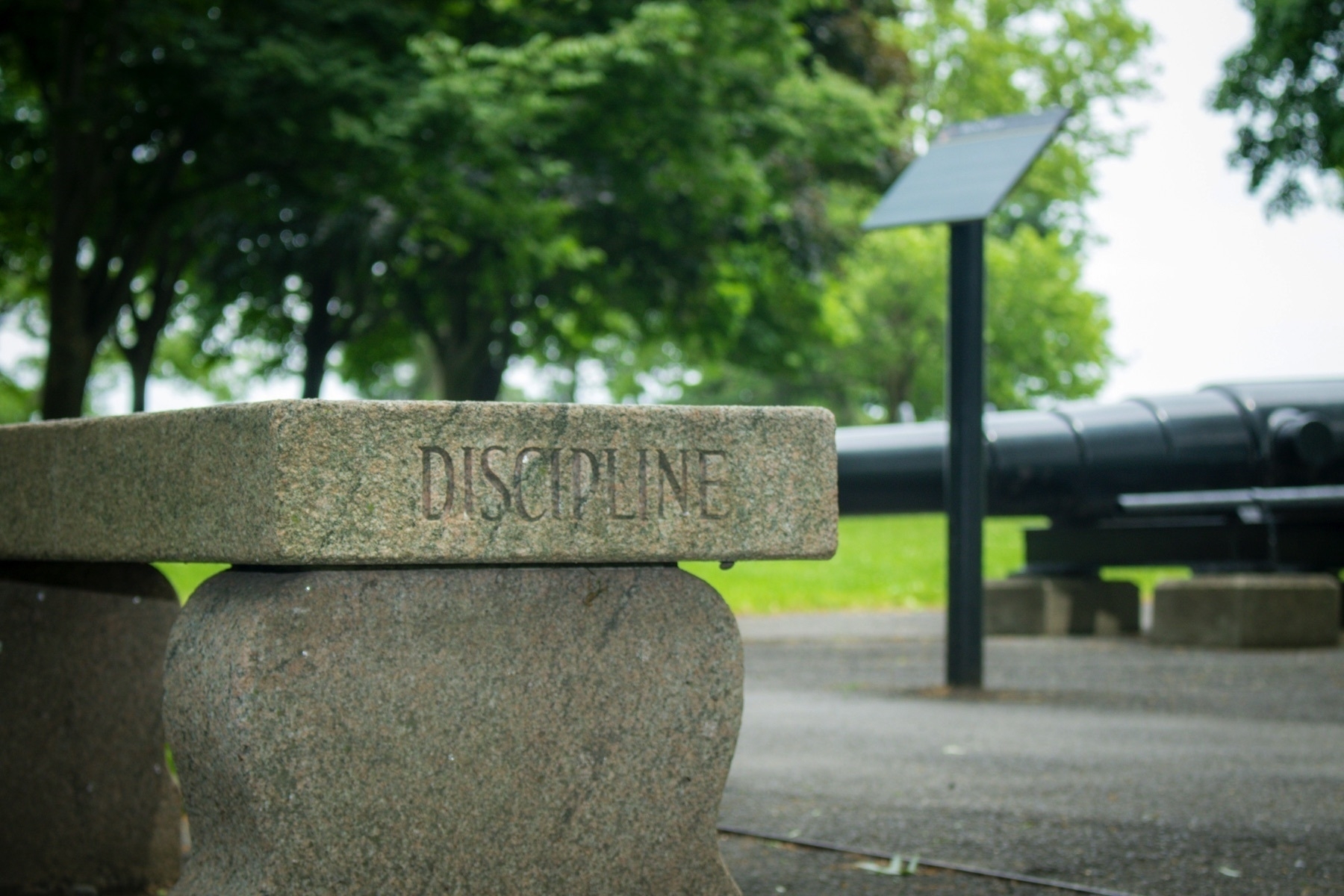Over the past few weeks, we've explored spiritual practices to prepare ourselves for life's inevitable storms. We've delved into prayer and Scripture, and this week, we're tackling a topic that might make some of us squirm: fasting.
Most of us associate fasting with doctor's visits or perhaps a trendy diet like intermittent fasting. But today, we're discussing the spiritual discipline of fasting, as Jesus taught in Matthew 6.
Jesus's Expectation: "When You Fast..."
In the midst of his Sermon on the Mount, Jesus says, "When you fast, do not look somber as the hypocrites do, for they disfigure their faces to show others they are fasting. Truly, I tell you, they have received their reward in full. But when you fast, put oil on your head and wash your face, so that it will not be obvious to others that you are fasting, but only to your Father, who is unseen. And your Father, who sees what is done in secret, will reward you." (Matthew 6:16-18)
Notice Jesus doesn't say "if" you fast, but "when." He expects us to engage in this practice.
Beyond Food: Understanding Abstinence
Spiritual practices fall into two categories: engagement (like prayer and Scripture study) and abstinence. Fasting is a practice of abstinence, where we intentionally remove something from our lives.
In our modern world, the idea of sacrifice can be uncomfortable. But consider this: abstaining from excess calories leads to better fitness, and abstaining from screen time can free up time for exercise. Often, what we give up results in greater gain.
What Controls You?
While fasting often brings thoughts of food to mind, it's about more than just skipping meals. It's about identifying what controls us. What do we think about throughout the day? Is it food, our schedules, media, or endless scrolling?
Jesus challenged those who followed him for physical sustenance, not spiritual growth. He asked them, "What are you chasing?"
In our lives, we may not be worried about our next meal, but we are chasing something. What has a grip on your life?
The Challenge of Addiction
When we abstain from something that controls us, we often experience discomfort, even withdrawal. That's because it's often an addiction.
Jesus warns against making a show of our fasting. He says, "Don't let anyone know." This is a personal journey between you and God.
The Reward of Transformation
Fasting is about wrestling with God, allowing Him to remove what controls us. It's about learning self-control, a fruit of the Spirit.
The goal isn't just abstinence; it's transformation. It's about freeing ourselves to engage more deeply with God and others.
Your Challenge This Week:
- Identify what controls you. What do you orient your life around?
- Abstain from it. For a day, a few hours, or a week, say no.
This might be food, social media, news, or even your phone.
Other Forms of Fasting:
- Solitude: Abstaining from people.
- Silence: Abstaining from speaking.
Ask the Holy Spirit to reveal what controls you and how you can abstain from it.
Keep it Secret
Remember, keep your fast between you and God, allowing Him to transform you.

